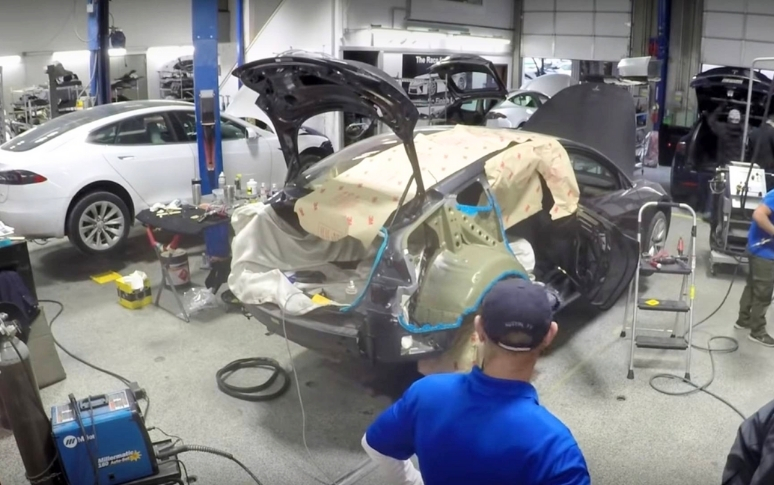1. EVs are Easier to Maintain than Gas Vehicles
Electric vehicles feature dramatically simpler powertrains than their gas-powered counterparts, translating to fewer maintenance headaches and lower costs.
The typical EV motor contains just 20-30 moving parts compared to 200+ in combustion engines, eliminating the need for oil changes, spark plug replacements, timing belts, or fuel system maintenance.
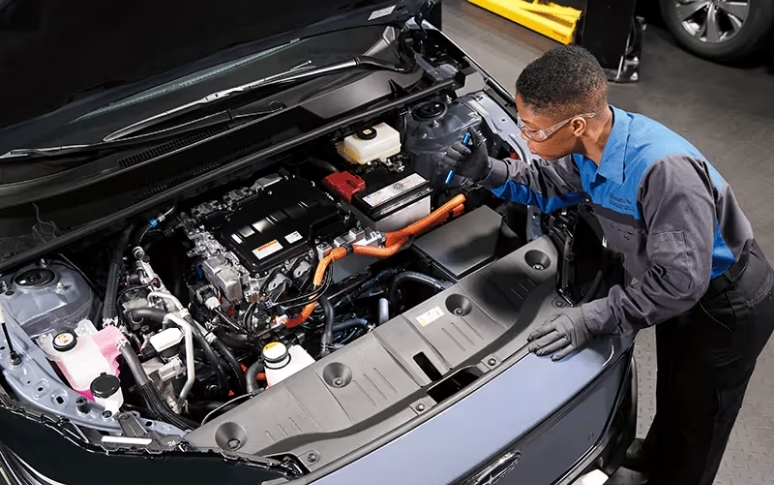
2. EVs Don't Need Regular Oil Changes
One of the most immediate maintenance benefits of EV ownership is eliminating routine oil changes and transmission services. Electric motors operate without traditional engine oil, saving you approximately $50-100 every 3-6 months.
While some manufacturers like Tesla recommend transmission fluid service after 12 years or 150,000 miles, this represents a dramatic reduction compared to conventional vehicles requiring service every 30,000-60,000 miles.

3. Take Care of Your Electric Car Battery
Your EV's battery pack represents both its most valuable component and its most significant maintenance consideration. Following proper charging practices can significantly extend battery life and maintain performance.
Keep your battery's state of charge between 20% and 80% for daily driving, as repeatedly charging to 100% or letting it drop below 20% accelerates degradation. For long road trips, it's perfectly fine to charge to 100%, but this shouldn't become your regular practice.
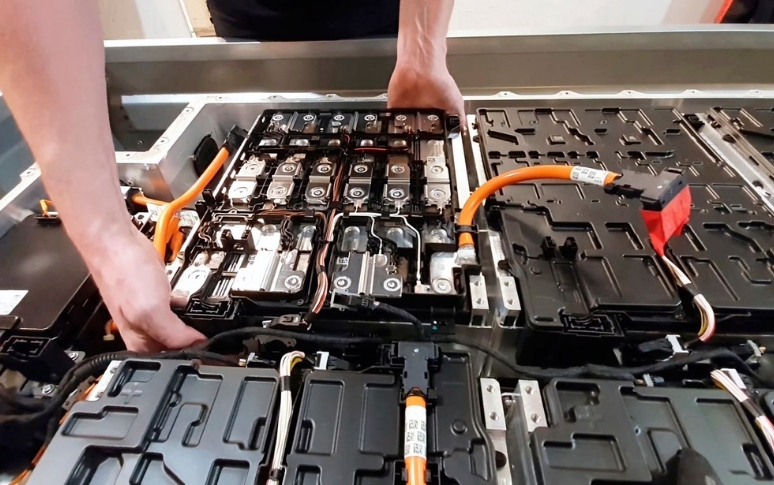
4. Buy a 240-Volt Home Charger
A 240-volt Level 2 home charger represents one of the best investments for EV owners, providing both convenience and battery health benefits. While standard 110-volt outlets can charge your vehicle, they only add 2-5 miles of range per hour – far too slow for practical daily use.
Level 2 chargers deliver 10-60 miles of range per hour, easily replenishing your battery overnight. This investment pays dividends in convenience and reduced reliance on public fast chargers.
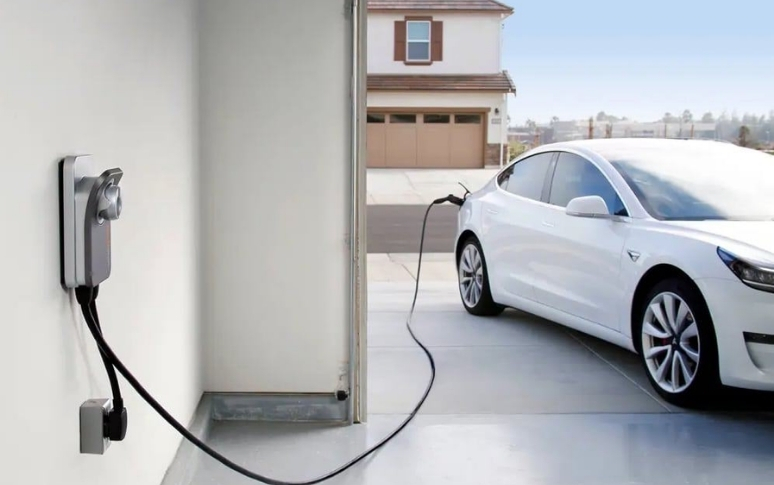
5. Electric Car Brakes Last Longer
Electric vehicles utilize regenerative braking systems that dramatically extend the life of your traditional friction brakes. When you lift off the accelerator or press the brake pedal, the electric motor acts as a generator, converting kinetic energy back into electricity while slowing the vehicle.
This process means your friction brakes engage far less frequently, often lasting over 100,000 miles before requiring service – two to three times longer than in conventional vehicles. Many EV owners report reaching 200,000+ miles on original brake pads.

6. Tire Maintenance Should Be the Same
While EVs eliminate many maintenance items, tire care remains essential and follows similar guidelines to conventional vehicles. The instant torque and heavier weight of electric vehicles can accelerate tire wear, particularly if you frequently enjoy rapid acceleration.
Consider EV-specific tires when replacement time comes – these specialized designs offer lower rolling resistance for better efficiency and are engineered to handle the additional weight and torque characteristics.
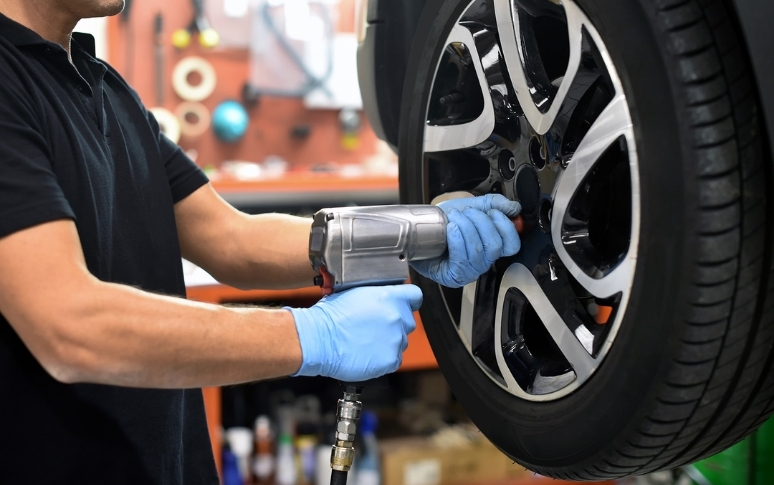
7. Electric Cars Require Fewer Fluids
Electric vehicles still require a few fluids that need occasional attention. All EVs use coolant for their battery thermal management systems, which typically need replacement every 100,000 miles or according to manufacturer specifications.
Brake fluid service intervals remain unchanged at approximately every 2-3 years regardless of mileage. Windshield washer fluid is the only fluid you'll need to refill regularly. The simplicity of EV fluid maintenance represents a significant advantage.

8. Electric Car Warranties are Better
Electric vehicles come with substantially better warranty protection than their gas-powered counterparts, particularly for their most expensive component. Federal regulations require all EV manufacturers to warranty their battery packs for a minimum of 8 years or 100,000 miles.
Many manufacturers exceed these requirements – Hyundai offers a lifetime battery warranty on select models, while Tesla provides 8-year/unlimited-mileage coverage on Model S and X batteries.
